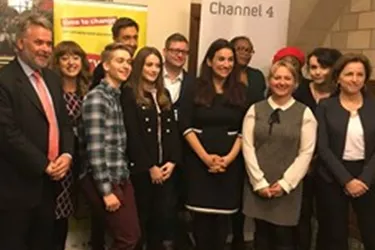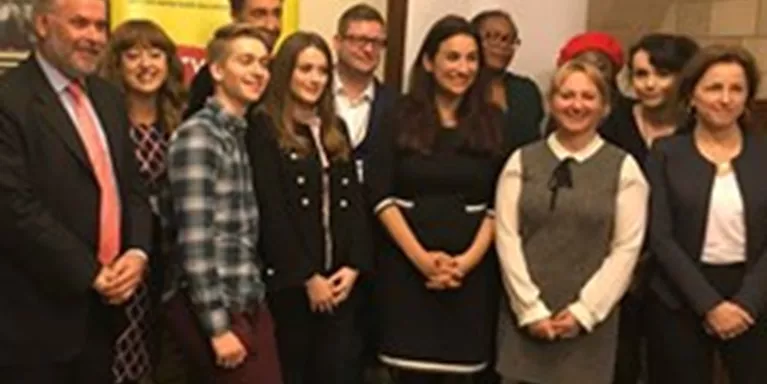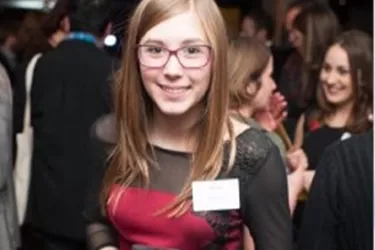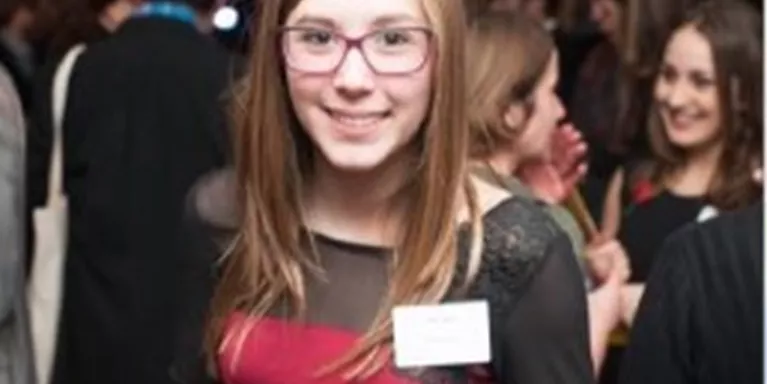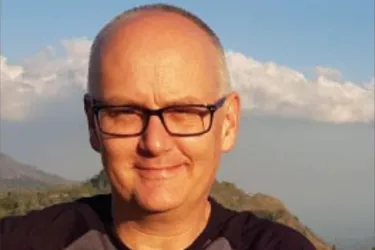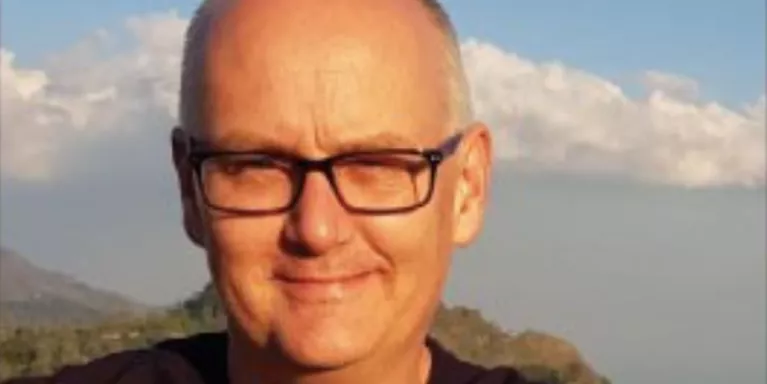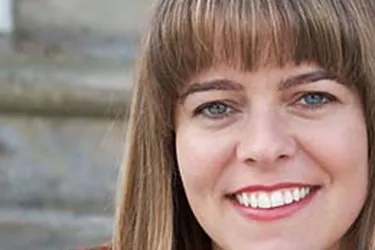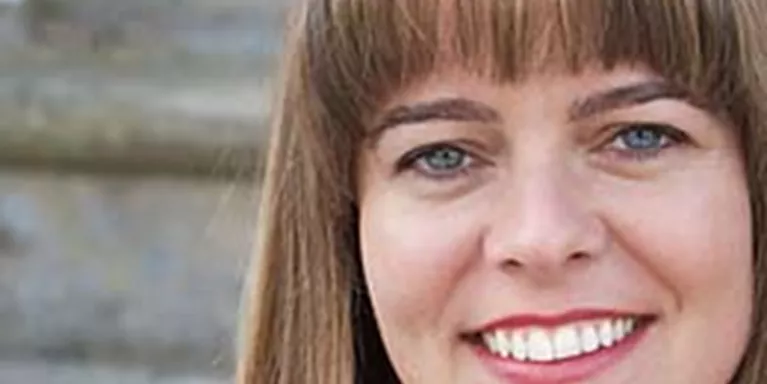The making of my award-winning documentary
Hannah blogs about telling the story of suicide, mental health and masculinity within the Scottish rap scene, and how her student documentary went from the Mind Media Awards to the BBC.
Hannah Currie is a filmmaker from Glasgow who is passionate about mental health.
It’s a very surreal experience to be invited to blog for Mind about my new BBC documentary Lumo: Too Young To Die. Mind have featured pretty prominently in my life over the past year, from the dizzying highs of the Mind Media Awards where the original version of this film won in the student journalism category, to the abject lows of a close family member becoming unwell and me spending my evenings trawling through Mind’s very soothing online information for advice about their illness. Life is full of highs and lows and it can be really tough to temper the lows, especially when it feels like everyone else around you is enjoying the highs. I think that’s one of the reasons it was so important for me to make this film: that feeling of isolation can be really dangerous and we need to let people who are suffering know that they are not alone.
Lumo: Too Young To Die is an adapted and extended version of my graduation film We Are All Here, which I made during a Masters in Screen Documentary at Goldsmiths University of London. It tells the story of Calum ‘Lumo’ Barnes, a talented rapper from Glasgow who took his own life aged 21. The film features his poignant lyrics as well as video diaries discovered by his family after his death, so he essentially tells his own story throughout the documentary.
"I started to notice the way that grief was being processed; his fellow rappers began to open up about how they were feeling."
I didn’t know Lumo personally, but I knew a lot of people in the Scottish hip hop scene and I bore witness to the outpouring of grief and utter disbelief following his death. And then I started to notice the way that grief was being processed; his fellow rappers began to open up about how they were feeling, and people were responding honestly with their own experiences. I recognised then that something powerful was at play; hyper-masculinity had broken down, and out of the ashes, conversations about mental health were emerging. I started to wonder whether this tide turning in the microcosmic Scottish hip hop community could inspire a force for change on a greater level.
I reached out to some of Lumo’s friends and explained that I felt sharing his story could help open up the conversation about mental health, particularly amongst young men who are most at risk of suicide. I interviewed them just a few months after Lumo passed away, and for most of them this was the first time they’d spoken aloud about what happened, so they are incredibly emotional interviews. But they were so articulate and brave; powerful and important voices in mental health awareness. They soon introduced me to Lumo’s sister Jenn who was equally supportive of the documentary, determined to stop other families from going through the pain they were experiencing. Lumo’s mum Janet – AKA the world’s loveliest woman! - invited me round for tea and cake and we looked through family photos and home movies. That’s when the family told me about his video diaries, which cemented Lumo as the narrator of his own story.
It was overwhelming to be taking deeply personal video diaries, lyrics and interviews into my first film edit but the trust of Lumo’s family and friends fuelled the whole process. I received a lot of support from my tutors Daisy and Dunstan at Goldsmiths, who were unflinching in their belief in me, and I was also lucky enough to complete the edit with my brother Tim, a huge hip hop fan, so his passion for the project pushed it forward whenever I had my doubts. Tim won’t mind me saying he’s had his own struggles with mental health. We both have. Although that’s made life difficult at times, without that experience we wouldn’t have connected to Lumo’s story on the same level. We both believe deeply in the importance of this film.
"It was incredible to witness the impact Lumo’s story was having on those around us."
A friend at Goldsmiths heard about the film and suggested I enter into the Mind Media Awards. I was absolutely thrilled to be nominated and to be able to take Lumo’s sister and friends with me to the awards ceremony in London. We were all completely overwhelmed by the scale of the event and the amazing energy in the room – the open and honest speeches about mental health had us in tears throughout the night. It was a beautiful evening. When it came to our category, they played a clip from the film out to the auditorium and the place felt silent. It was incredible to witness the impact Lumo’s story was having on those around us, and even more incredible to be called up to the stage to collect the award.
I was so grateful to Mind for the recognition; it renewed my belief that our film should be seen by a wider audience, so I started to push for that and shortly after the awards, we were commissioned by BBC to develop the film for broadcast. Back into the edit with my brother I went, and we now have a half hour film re-titled Lumo: Too Young To Die (both 'We Are All Here' and 'Too Young To Die' are lyrics of Calum’s). We’re proud of it and we’d absolutely love people to watch and share with people they think should see it. We’d also love people to join the conversations about the film and mental health on our Facebook and Twitter pages. The best thing about showing this film to people has undoubtedly been hearing about people’s own experiences with mental health and creating that space for people to share openly. I believe that shared experience is absolutely key to ending stigma and removing shame around mental health issues, particularly in young people. It’s time for change.


Information and support
When you’re living with a mental health problem, or supporting someone who is, having access to the right information - about a condition, treatment options, or practical issues - is vital. Visit our information pages to find out more.
Share your story with others
Blogs and stories can show that people with mental health problems are cared about, understood and listened to. We can use it to challenge the status quo and change attitudes.










